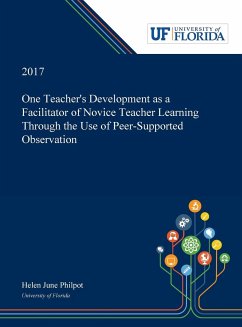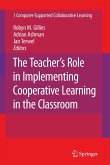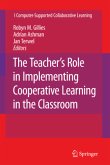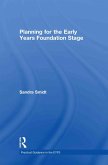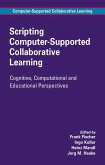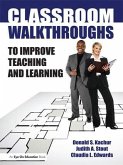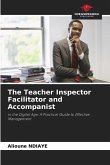Abstract: Fewer are entering the profession of teaching in the 21st century, many are fleeing, and districts all over the country are having staffing crises (Podolsky, Kini, Bishop, & Darling-Hammond, 2016). Many teachers leave within the first five years (Podolsky, Kini, Bishop, & Darling-Hammond, 2016). Comprehensive induction programs are a way to support novice teachers and encourage them to remain in the field despite obstacles. However, induction in the United States varies greatly (New Teacher Center Policy Report, 2016). In the comprehensive high school where I teach, novices have district-supported online induction, a mentor, and an instructional coach who supports over 30 new teachers. Due to the high teacher turnover in my school and the large number of novice teachers being supported by one coach, I felt compelled to learn more about how to support the new teachers myself. With that in mind, I designed a study with the guiding research question: How can I, as a fellow classroom teacher, help on my campus to facilitate the learning of novice teachers through peer observation and reflection conversations (Peer-Supported Observation)? I began by engaging two novice teachers in defining a question of practice in their own instruction (Cosh, 1999; Stephens, 2011), followed by three rounds of paired observation of veteran teacher classrooms and debriefing discussions. Using practitioner research, I conducted interviews, collected artifacts, and took notes during the peersupported observation cycles. Three major themes arose from my data that gave me insight into my own facilitation and the learning of teachers during this process: the value of relationship building, the power of questions, and logistical insights into the process of facilitation. While my practitioner research study does not solve the issues of teacher attrition and novice teacher retention I feel it adds to the literature on ways to address those problems. If we in education, specifically at the peer level, took time to be a part of the larger solution, aiding in the induction support of our novice teachers, it could be a contributing factor to retaining teachers and quelling teacher attrition. Dissertation Discovery Company and University of Florida are dedicated to making scholarly works more discoverable and accessible throughout the world. This dissertation, "One Teacher's Development as a Facilitator of Novice Teacher Learning Through the Use of Peer-Supported Observation" by Helen June Philpot, was obtained from University of Florida and is being sold with permission from the author. A digital copy of this work may also be found in the university's institutional repository, IR@UF. The content of this dissertation has not been altered in any way. We have altered the formatting in order to facilitate the ease of printing and reading of the dissertation.
Hinweis: Dieser Artikel kann nur an eine deutsche Lieferadresse ausgeliefert werden.
Hinweis: Dieser Artikel kann nur an eine deutsche Lieferadresse ausgeliefert werden.

